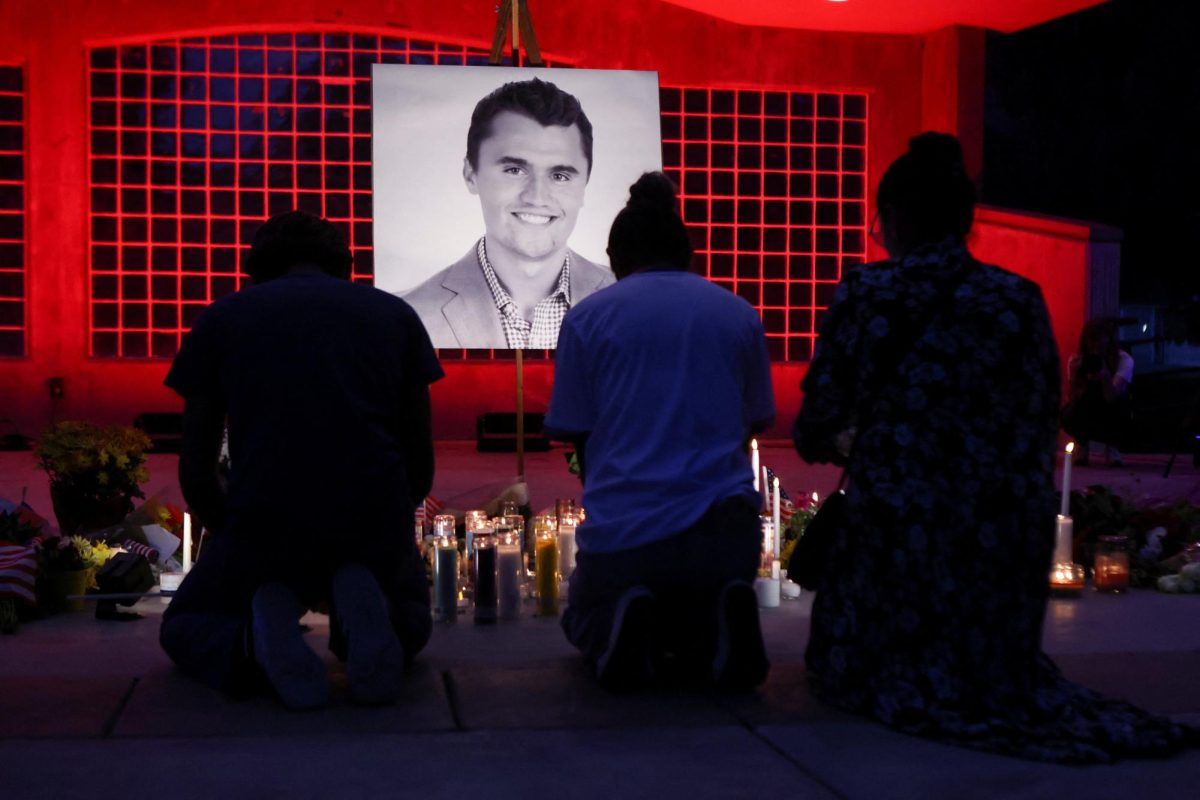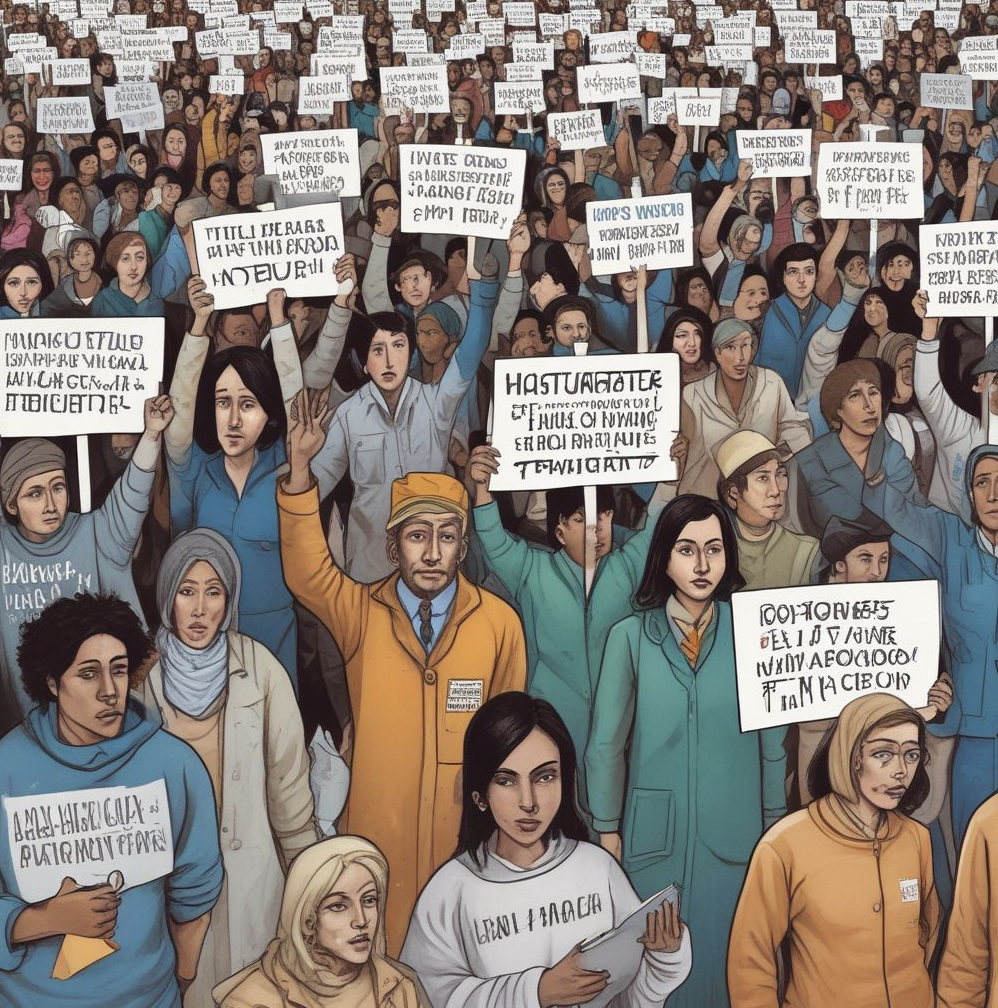One of the most prominent topics in news as of today revolves around the topic of Charlie Kirk’s assassination and his character.
Kirk was fatally shot during a debate event at Utah Valley University, where he was addressing students and supporters. His death has shocked many across the U.S., regardless of political affiliation. While deeply divisive, Kirk’s murder is undeniably tragic. No one should be killed for their beliefs, no matter how controversial or harmful those beliefs may be, they should be held accountable.
Consequently, the irony of this tragedy is hard to ignore.
Kirk was a massive opponent of gun control, even amid America’s current epidemic of constant shootings and mass shootings.
“I think it’s worth the cost of, unfortunately, some gun deaths every single year so that we can have the Second Amendment to protect our other God‑given rights,” he had said.
To him, it seems that gun deaths were a necessary cost of freedom, unknowingly including himself in the few. His death by gun violence now highlights the dangers so many have spoken about in opposition to Kirk.
Furthermore, Kirk’s assassination is tragic, but one cannot recognize this without saying that his beliefs were tragic as well. He used his platform to spread harmful speech and rhetoric, particularly targeting marginalized communities.
His comments about LGBTQ+ people, especially transgender individuals, were often cruel. He called queer identities “delusions” and portrayed trans people as massive threats to society. However, these claims were not just political opinions–they contributed to real harm and alienation for vulnerable groups.
Additionally, one of his most disturbing statements came during a debate on abortion.
When given the hypothetical situation, that his 9-year-old daughter were raped, he was asked if he would make her have the baby?
“Yes, the baby would be delivered,” he said.
He defended this stance using religious beliefs, but many saw it as an extreme lack of empathy, something Kirk also held distaste for. It revealed a way of belief where ideology was placed over compassion. With his stance, it could also be said that such a traumatic event highlights the hypocrisy of others opposing gun reform, who often use mental health as a scapegoat for gun violence.
In contrast, the recent assassination of Senator Melissa Hortman, a progressive advocate for reproductive rights and social equity, received far less media attention.
While Kirk’s death dominated national headlines and political discourse, Hortman’s was quietly acknowledged in mostly local coverage. This difference in coverage speaks volumes about which public figures receive national mourning and which are overlooked.
Hortman worked to protect the very people Kirk targeted, yet her legacy did not spark widespread outcry. Essentially, although Kirk was not a politician, because of his beliefs, he was held and mourned in a higher regard than an active politician.
Ultimately, as tempting as it may be to frame Kirk’s assassination as justice, it must not be celebrated.
Violence only pits people against one another in an already divided society. Two truths can coexist: Kirk’s death is tragic, and so was the hate he spread.
If we learn anything from this, it is that gun violence should never be an acceptable cost of conflict.
Real change demands gun reform, because no one’s life should end to remind us of its value. Overall, Kirk died as the result of gun violence, and his death only highlighted the fact that his political agenda could not have been closer to ignorance.






